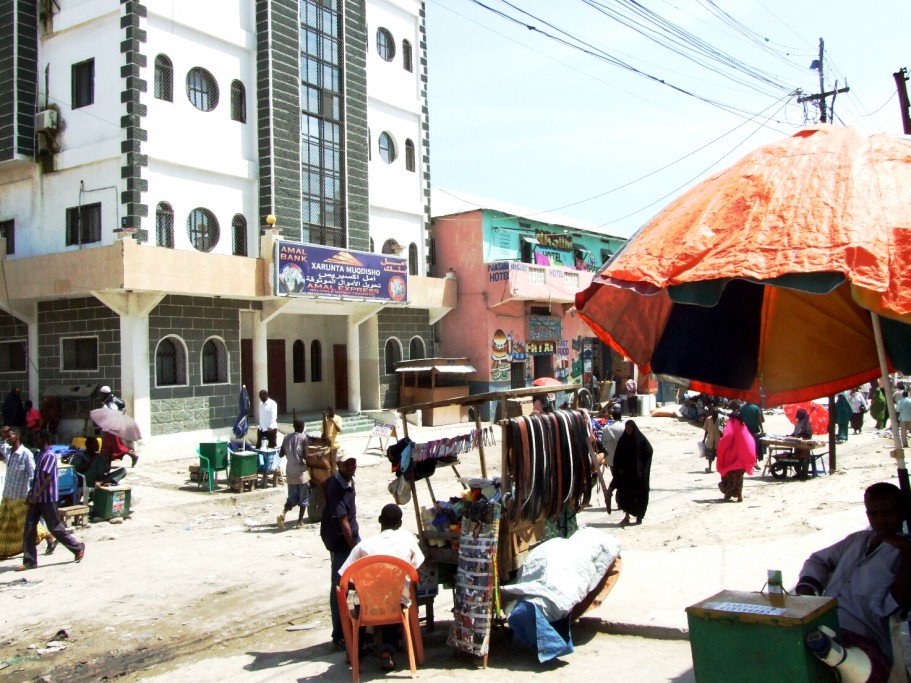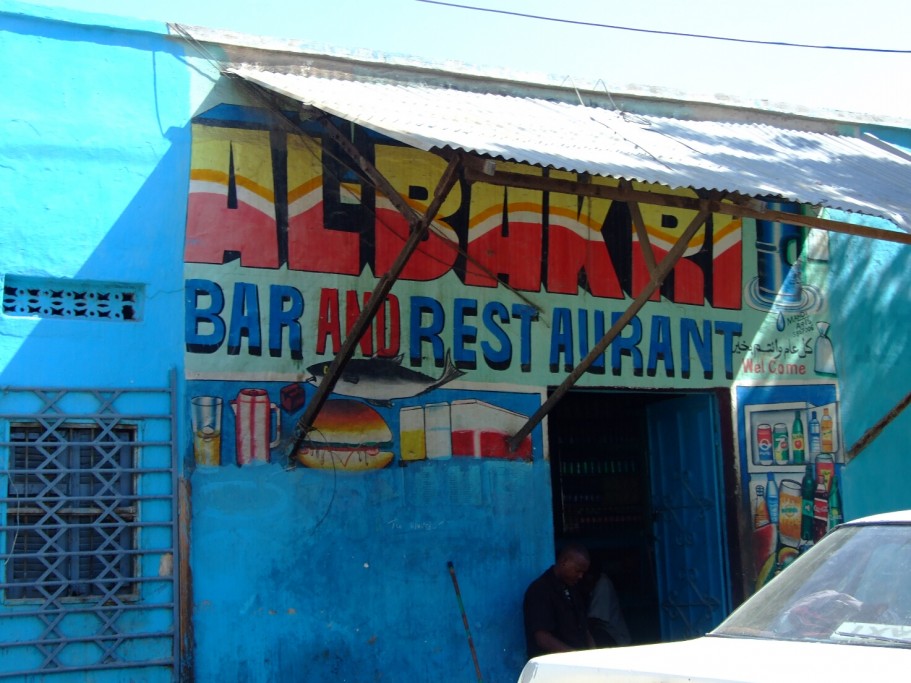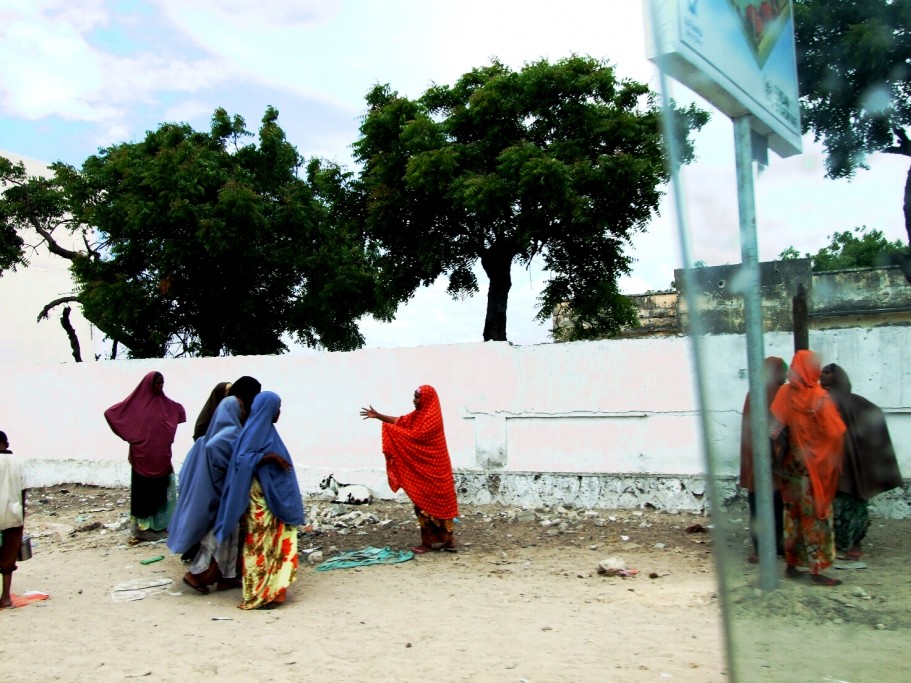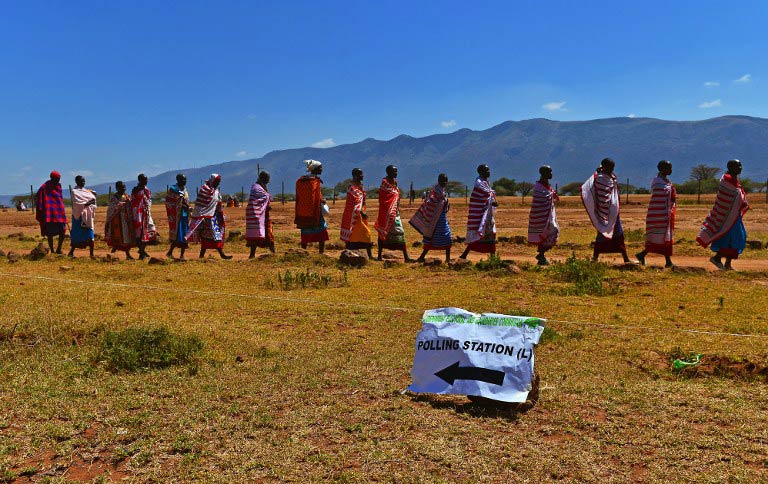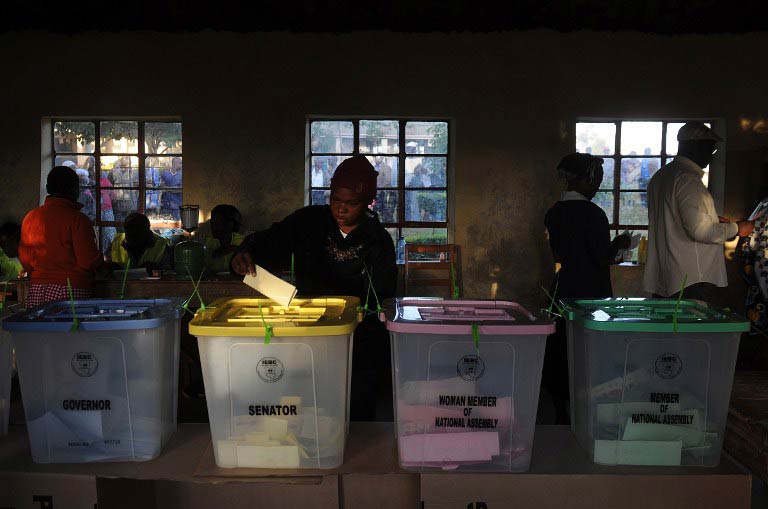Zanzibar City, Tanzania
A crowd of young women in burkas and some men gather outside a café in Zanzibar, bewildered by the sight: an African woman, in a West African mumu (kaftan) and covered head, playing Ghazal poetry as an Islamic call to prayer.
Sitting on the café terrace and accompanied by an acoustic guitar, Nawal’s clear voice captivates the audience – until it is broken by the cry of a visibly upset street vendor. “How dare you use the name of Allah in a song?” he shouts.
“You use keyboards in your praise of Allah,” Nawal retorts calmly.
Striking a chord with the community: from sandy Zanzibar to sunny Sudan
In 21st century Zanzibar, as in much of Africa and the Muslim world, music has the power to inflame as it did in ancient Persia when music, mosaics and poetry were created to be ‘nearer to Allah’. And the old divisions – between the more tolerant Sufi branches of Islam, which believe that art and music can be expressions of meditation, and the more conservative branches, which believe devotion should be silent, personal, and contemplative – continue to raise existential questions about the nature of faith and spirituality.
Although there is much disagreement over the role of music or prohibition of it in Islam, Nawal, a practising Muslim from the Comoros islands, is adamant that there is nothing in the Qur’an that forbids singing.
“I sing for my hopes, my values,” she says. “It’s like a communion. I want the public to forget I am an artist. I don’t say ‘Let’s go pray’, I just say ‘God is big, there is nothing that is not God’. So if someone kills me for saying that, they kill me for praising God. I am not here to change people – I am here to shine.”
She continues, “The Western media must show me as I am [and] show Islam as vital, spiritual, productive, subtle and positive – not just extremist.” She recounts a story at an international festival in Belgium when the predominantly Muslim crowd complained and nearly revolted. However, after the gig, she recalls, Turkish, Palestinian, Tuareg and Syrian Muslims – both men and women – came up to her with tears in their eyes, saying they had found her songs moving and profound.
These divergences also reverberate in Sudan, where the vibrant and dynamic musical group Camiraata uses music to address social issues. Far from seeing music as unreligious, the group uses music to bring together families, tribes and clans in Sudan, north to south, to sing their way through serious political and domestic challenges.
Indeed, for many Muslim Sudanese, music is integral to community dispute-resolution, initiation rituals, the unusual and the everyday. Da’Affallah, director of Sudan’s Music and Culture Academy in Khartoum and band member explains, “Music and culture is about understanding. If you know my music, my religion and my culture, you respect me.”
“We never ever stop singing!”, Da’Affallah continues, before breaking into song. “Music in Sudan is absolutely everywhere, and has been for many, many centuries. Music is life in Sudan, from birth to death. When a woman makes tea or coffee in the morning she has a special song [he starts singing]. She has a song and she grinds out the pestle in time as she grinds coffee. Then we have special ‘albaramka’ for tea – this is a group song.”
He demonstrates – and it sounds like Mongolian throat-singing – before continuing, “We sing love songs to our camels because we depend on them. We sing to the desert so it won’t kill us. If we have problems in the community, we bring together everyone to solve the problem, we consult the elders, we talk, we sing, we talk more!”
Facing the music in northern Mali
A couple of thousand miles west of Sudan in Mali, the tensions between contrasting interpretations of the role of music for Muslims was been brought into particularly sharp, and often tragic, focus following the takeover of the north by Islamist militants last year.
Khaïra Arby, looking regal in her striking head wrap and plush blue dress, her face lined and tired, just got off a plane from Mali. “Yes, it’s true, I’ve seen it myself; they will cut off your tongue if you sing,” she says. “I’ve seen friends who’ve had their hands cut off for the ringtones on their mobile phones.”
Arby, adored across Mali, is affectionately called the nightingale of the North. Born in the village of Abaradjou, north of Timbuktu, her parents came from different ethnic backgrounds – her mother Songhai, her father Berber. Arby’s music, which is more popular at home than the music of her internationally famous cousin Salif Keita, captures northern Mali’s diversity of ethnic groups, styles and poetry.
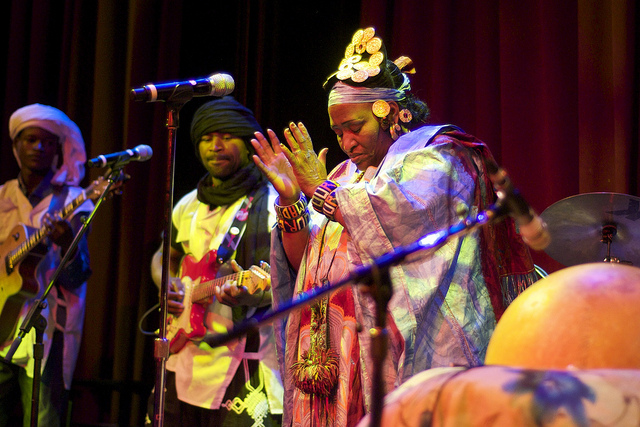
After persistent threats and attacks from Islamists militants – including smashing up stereo systems in markets and people’s homes, confiscating radios and even SIM cards with music on them – Arby escaped to Bamako to stay with Salif Keita on his island on the river Niger just outside Mali’s capital of Bamako. Many Malian musicians are among the thousands who fled south since the crisis began.
Keita is also resigned. Before the international intervention against the Islamist rebels, he commented, “If there’s no music, no Timbuktu, it means that there is no more culture in Mali.” Indeed, Timbuktu is regarded as part of a chain of African kingdoms that had a long history of education, literature and intellectual life. It was the site of one of the largest Islamic libraries in Africa and a meeting point for scholars who debated and interpreted the Qur’an.
However, last year the Islamist rebels who took over the towns declared the shrines to be idolatrous and restricted forms of expression, such as music, that had been part of the fundamental fabric of everyday life. Like many Malians, Arby was bewildered. “There’s not a single part of the Qur’an that forbids music,” she says. “I’ve read it all, I can tell you honestly, there’s nothing in there that says don’t sing. I’ve never seen, never, that music is forbidden.”
In fact, Arby is highly sceptical as to the importance of religion at all in the motives of militants. “This war is about drug-running and arms trafficking. It’s about controlling important routes through a very long term trade area. It’s about money, politics and control. It’s not about religion,” she insists.
Cheikh Lo, a Senegalese veteran and arguably the Miles Davis of African music, is also angry about the rebels’ attempts to ban music in northern Mali. Lo is a devout Muslim of the Baye Fall Sufi tradition. “These people misuse the name of Islam,” he says. “They are nothing to do with Islam, they are terrorists and we must have the dirigence [direction or composure] to drive them out.”
Clearly, Africa’s Muslim musicians – from Senegal’s Cheikh Lo to Mali’s Khaïra Arby to Sudan’s Camiraata to Zanzibar’s Nawal – are not about to give in and succumb to pressures against their singing. In fact, to the contrary, they see music as the very means of social change.
“The real musician does not go out to nightclubs, but he stays in the community, and leads to the right way,” says Da’Affallah. “This means peace, unity, understanding, communication.”
Meanwhile Arby states defiantly, “We have an obligation to sing, to dance, to respect, and to show appreciation for the suffering and the endurance and bravery of the people who are fighting for us, for those who cannot sing. We must compose beautiful songs before the war, during the war, and after the war, to celebrate what we have.”
This piece by Thembi Mutch was first published on Think Africa Press.
